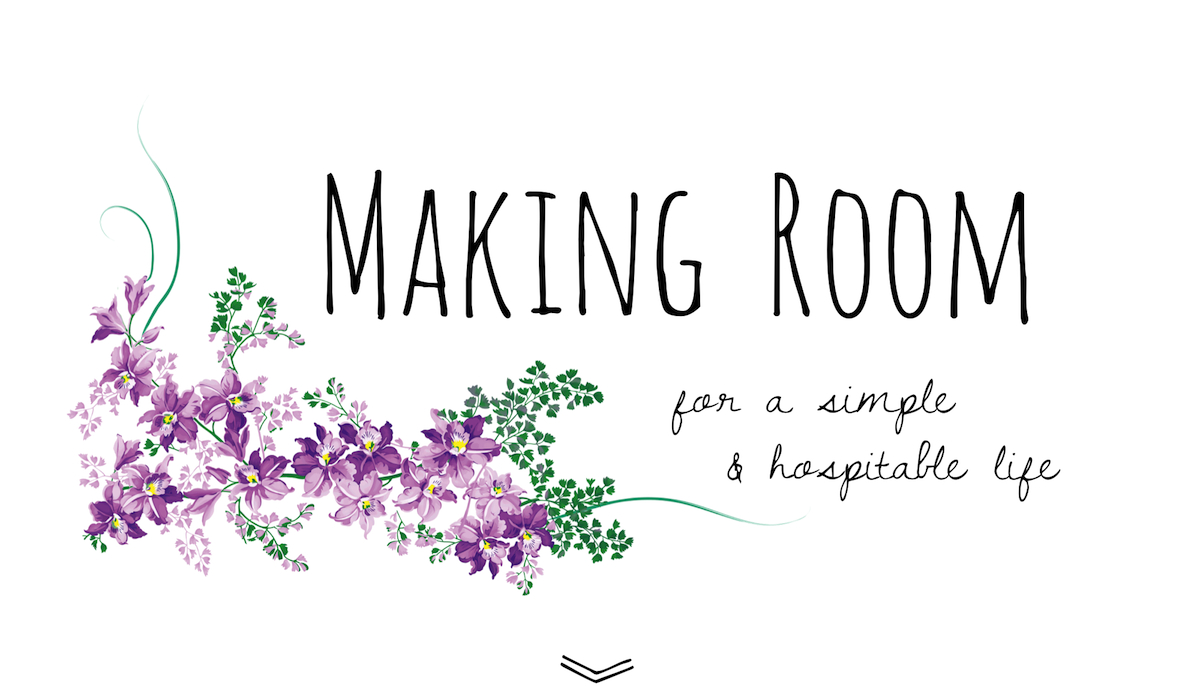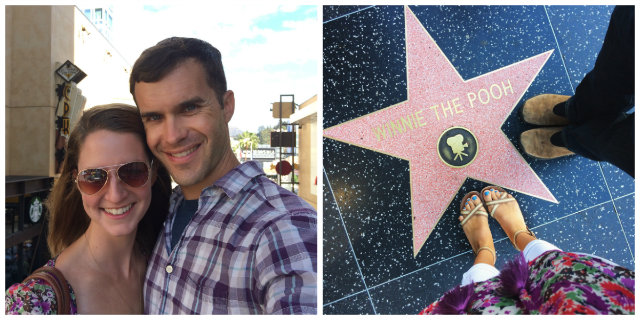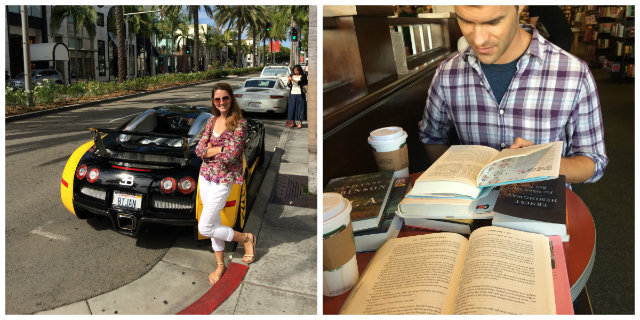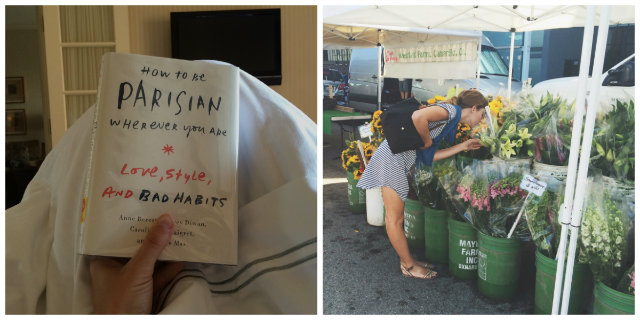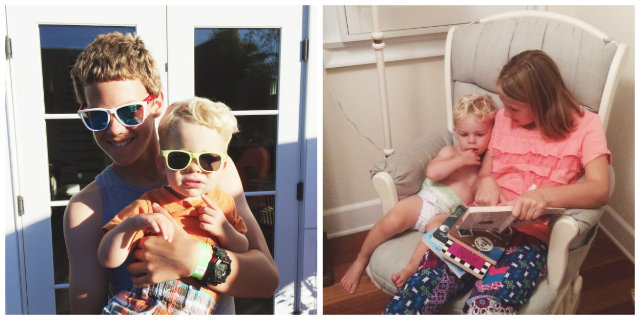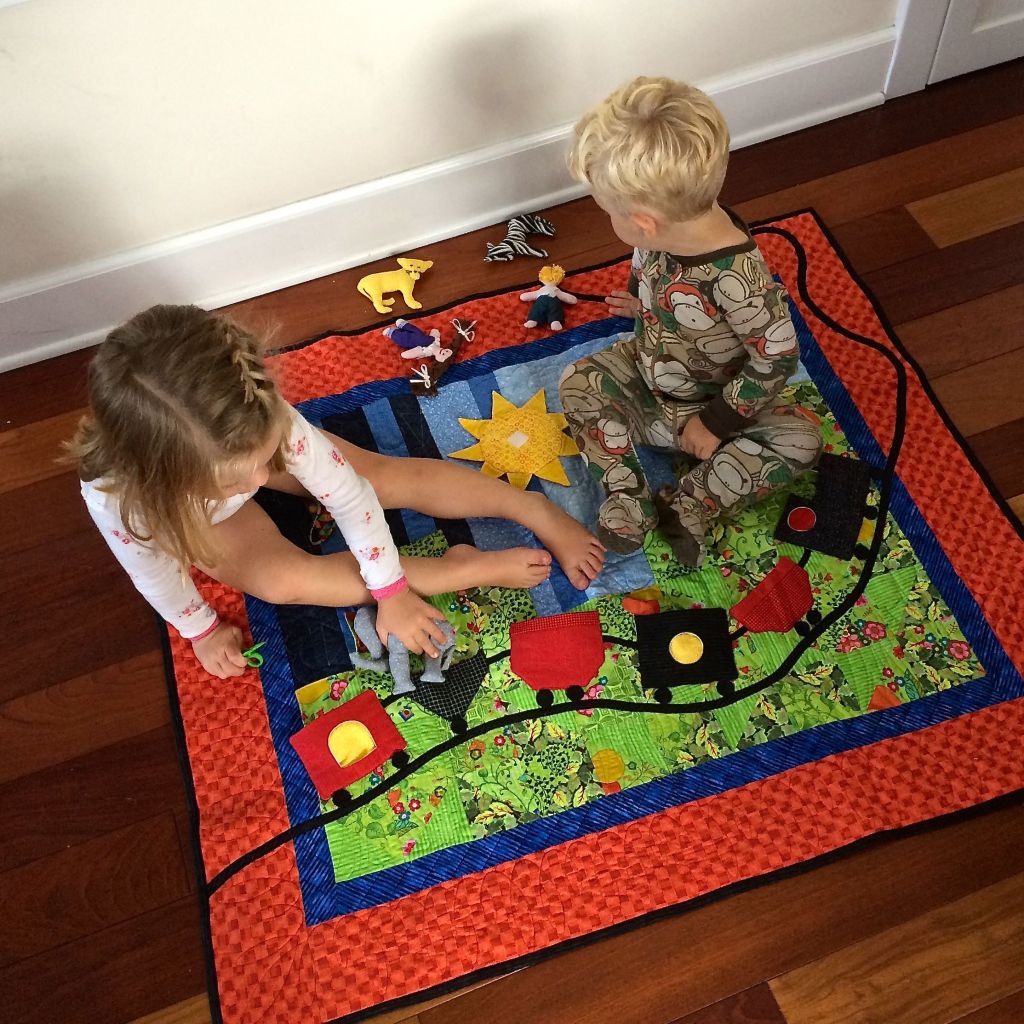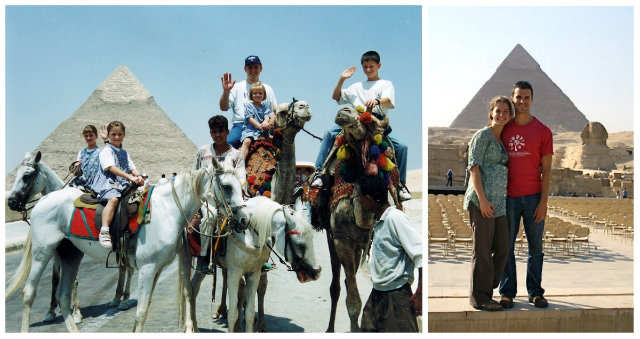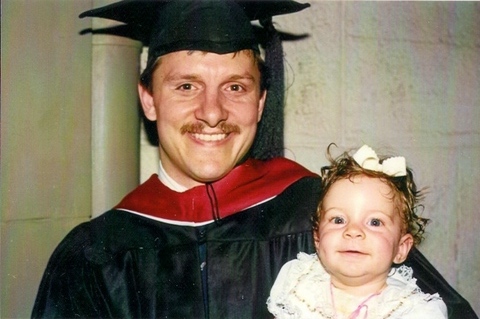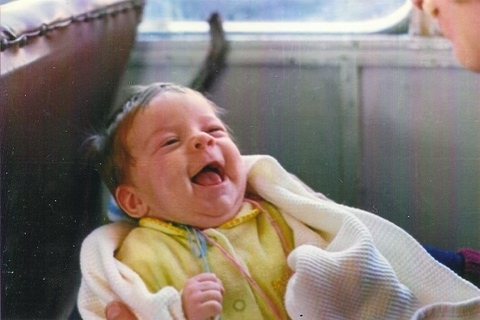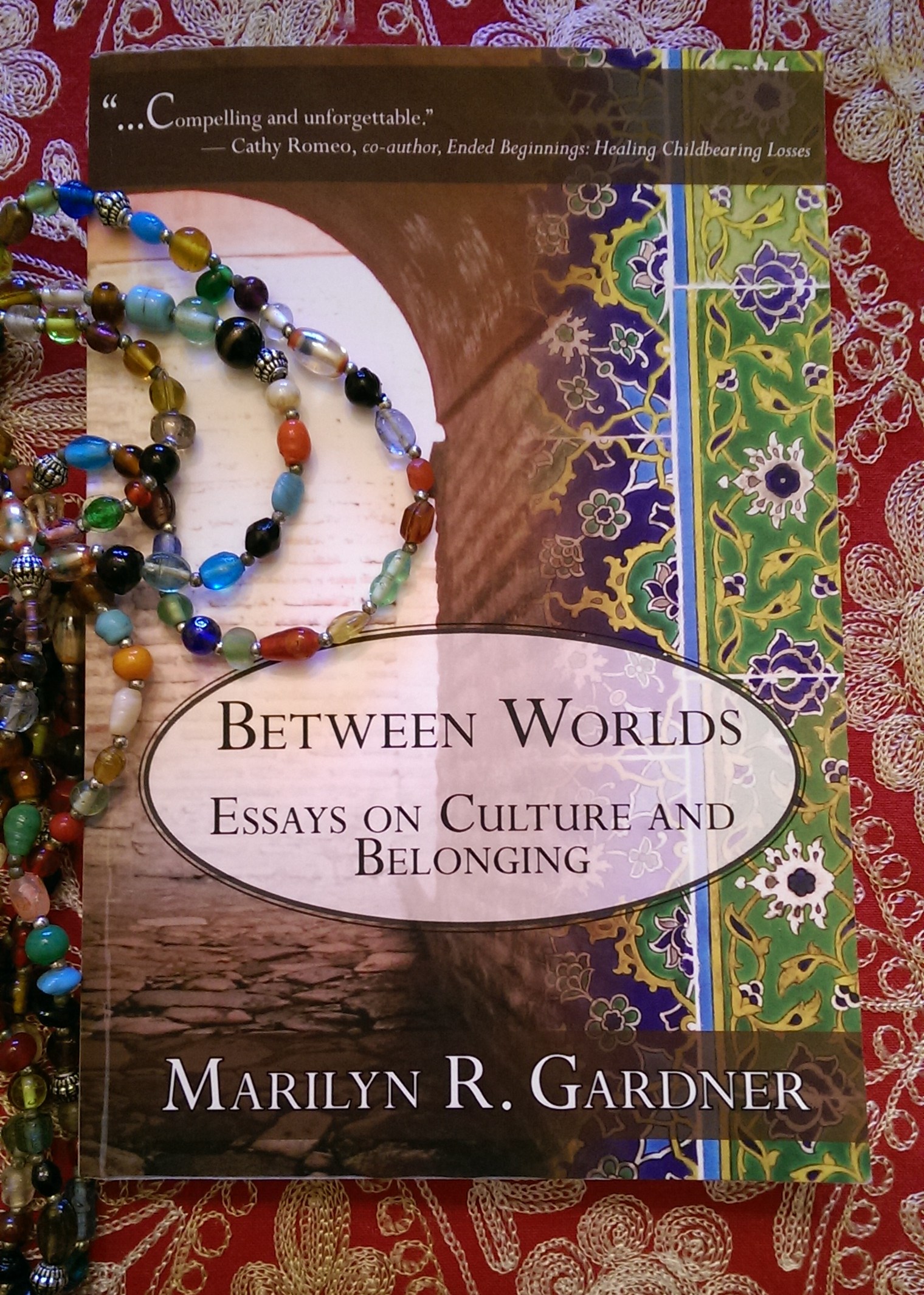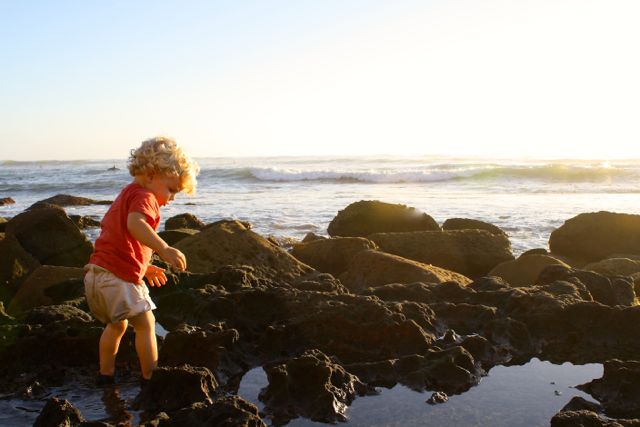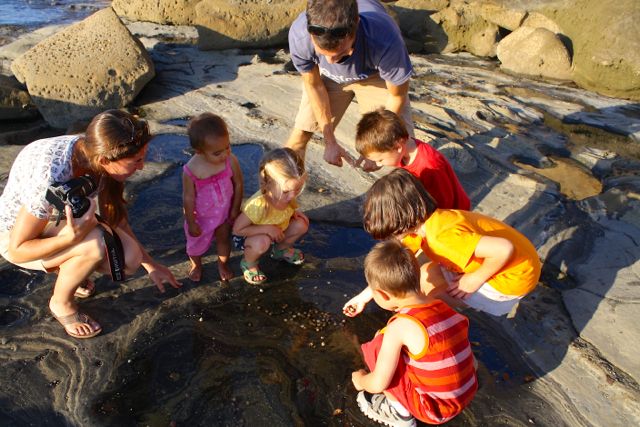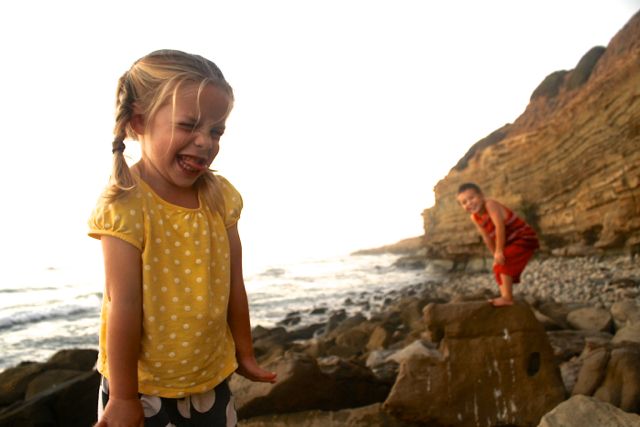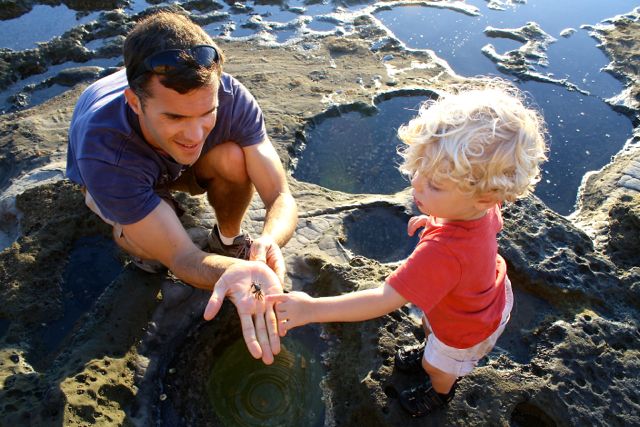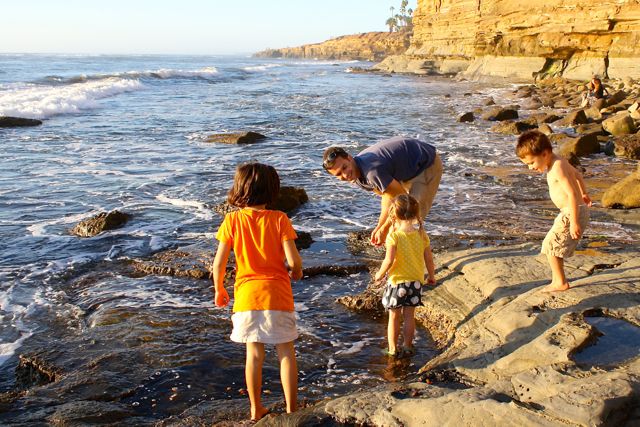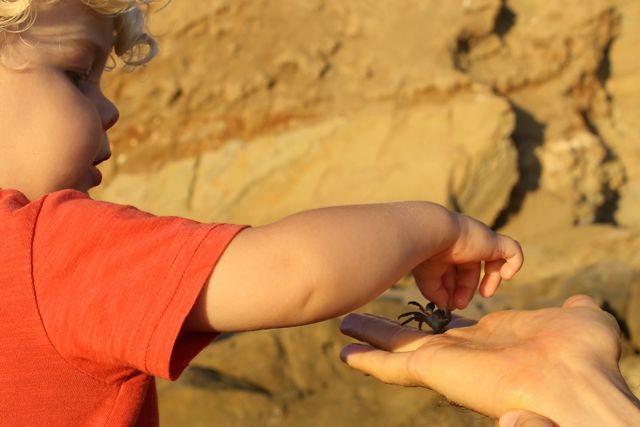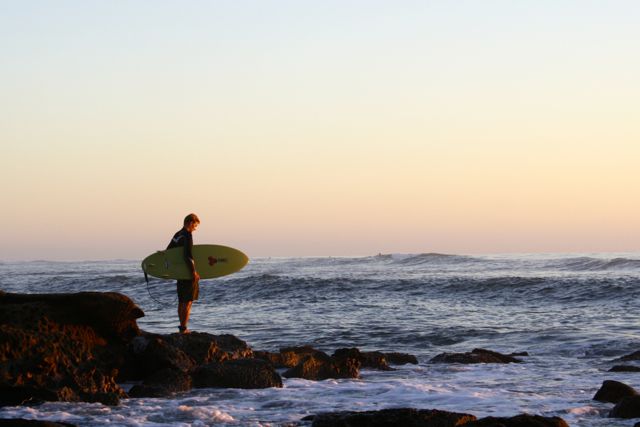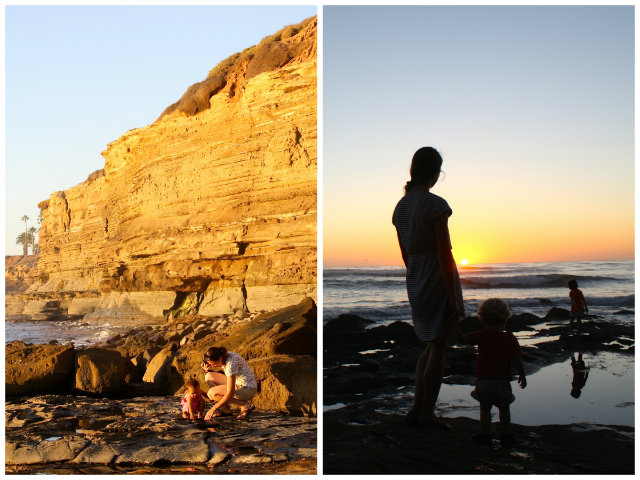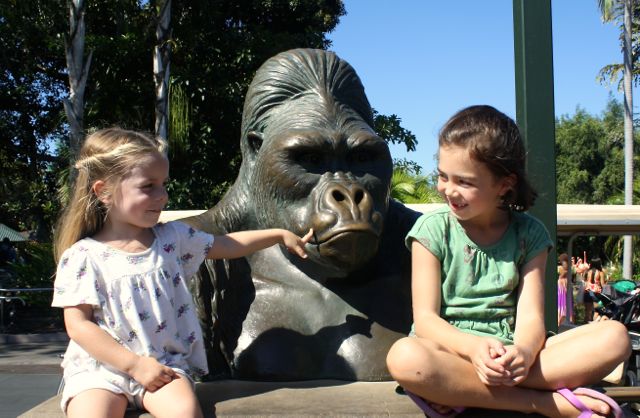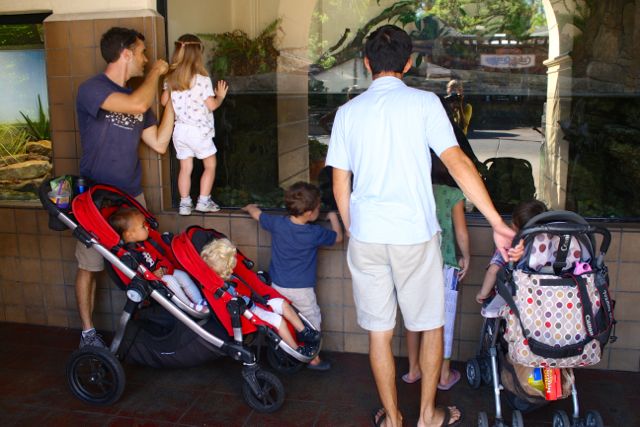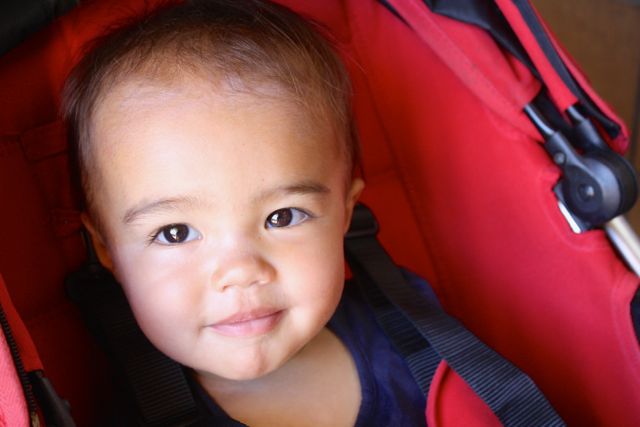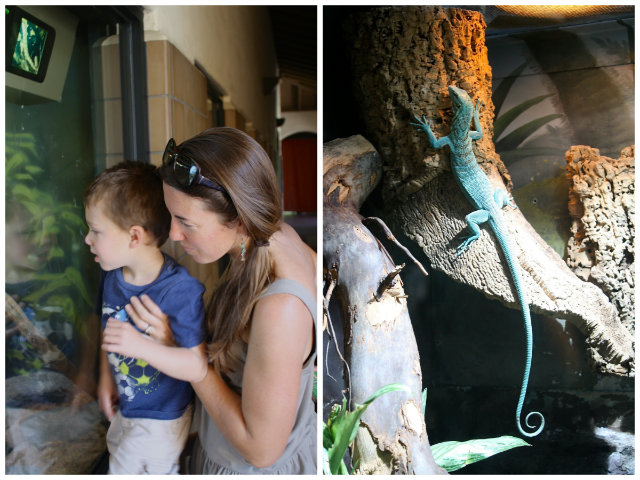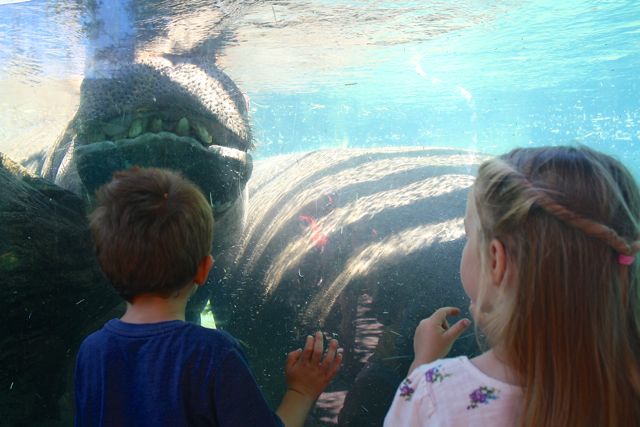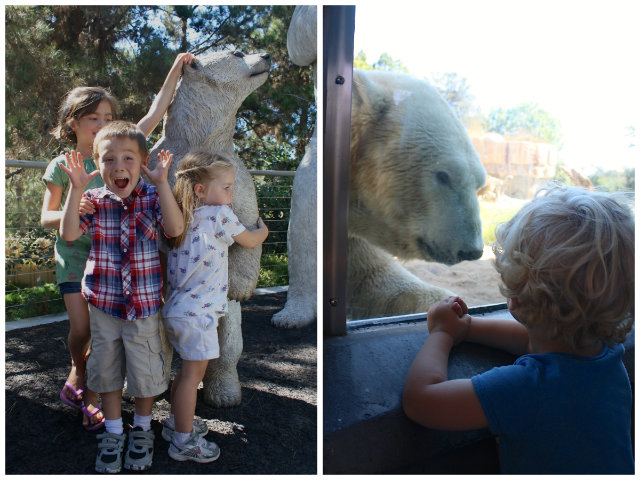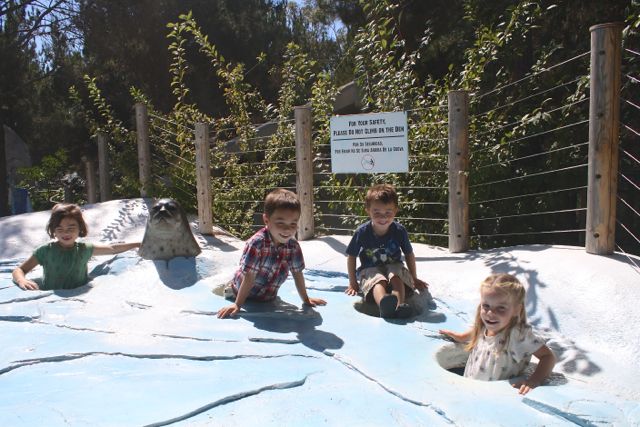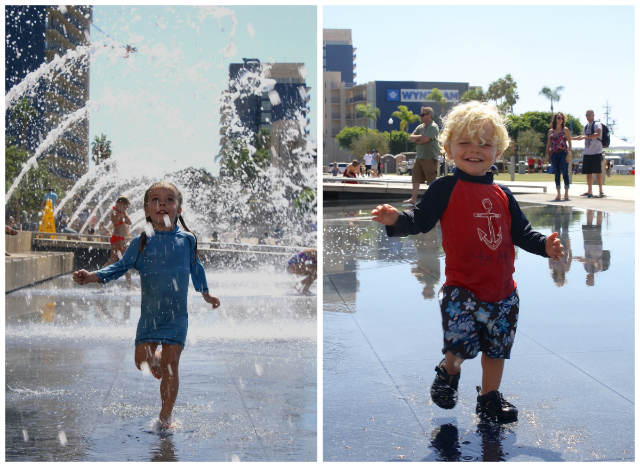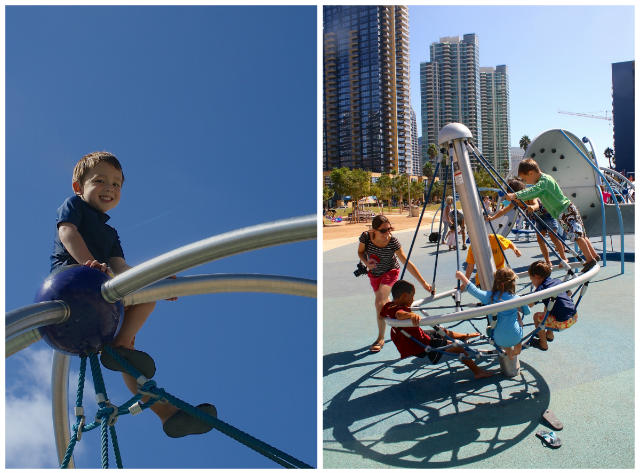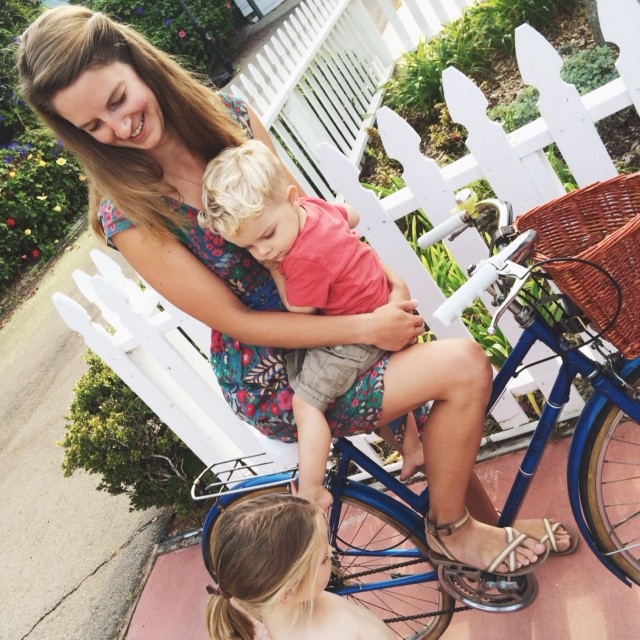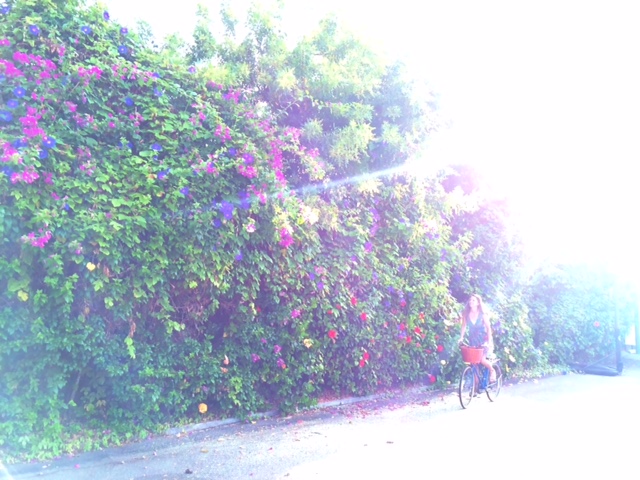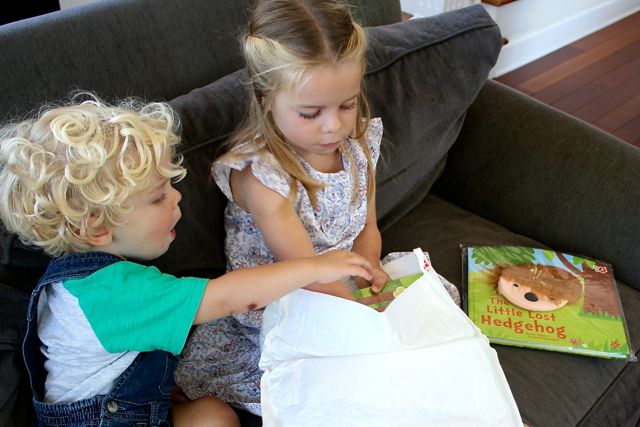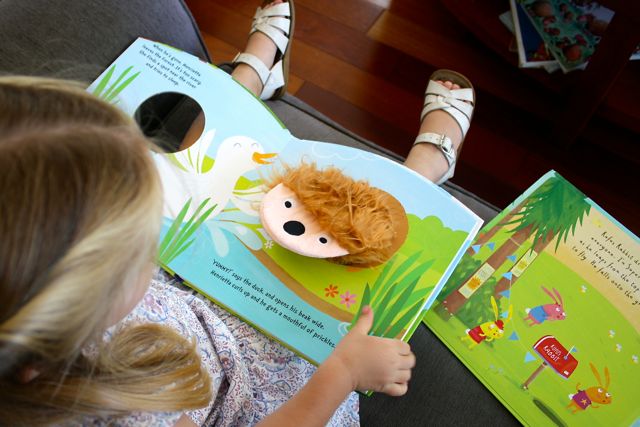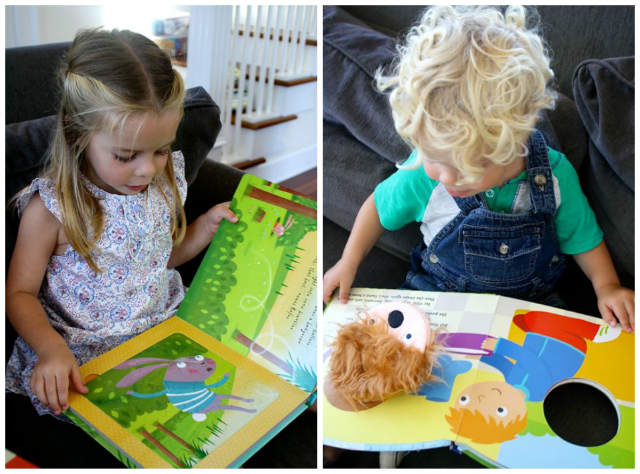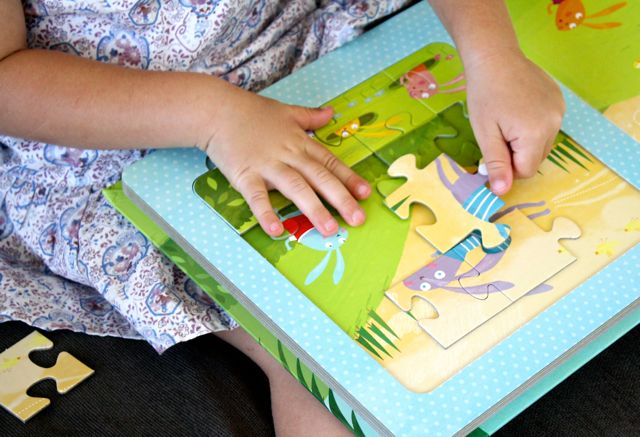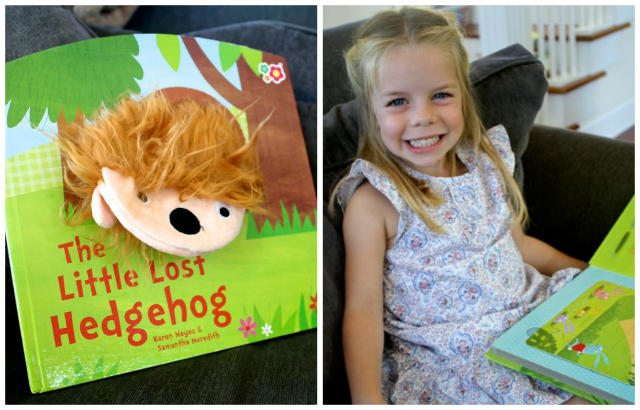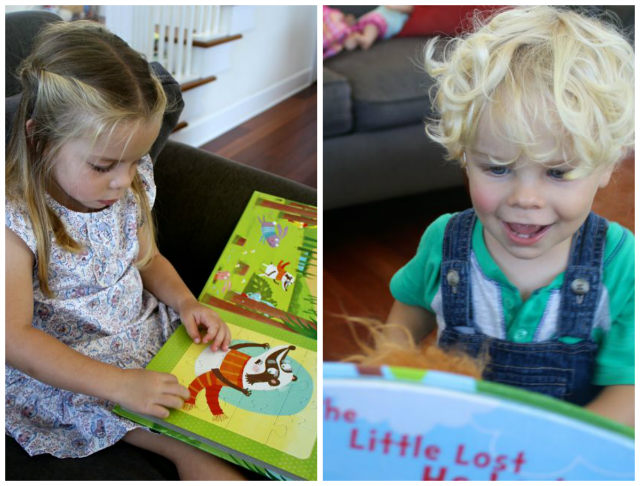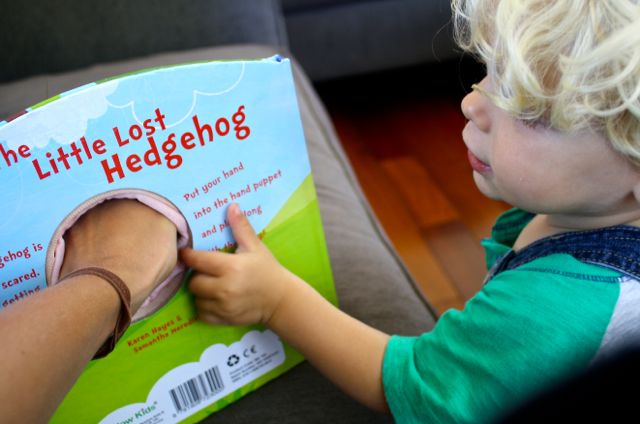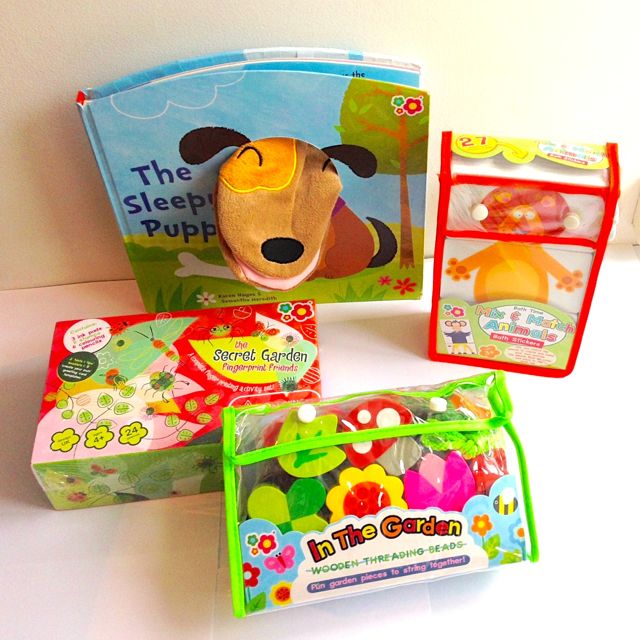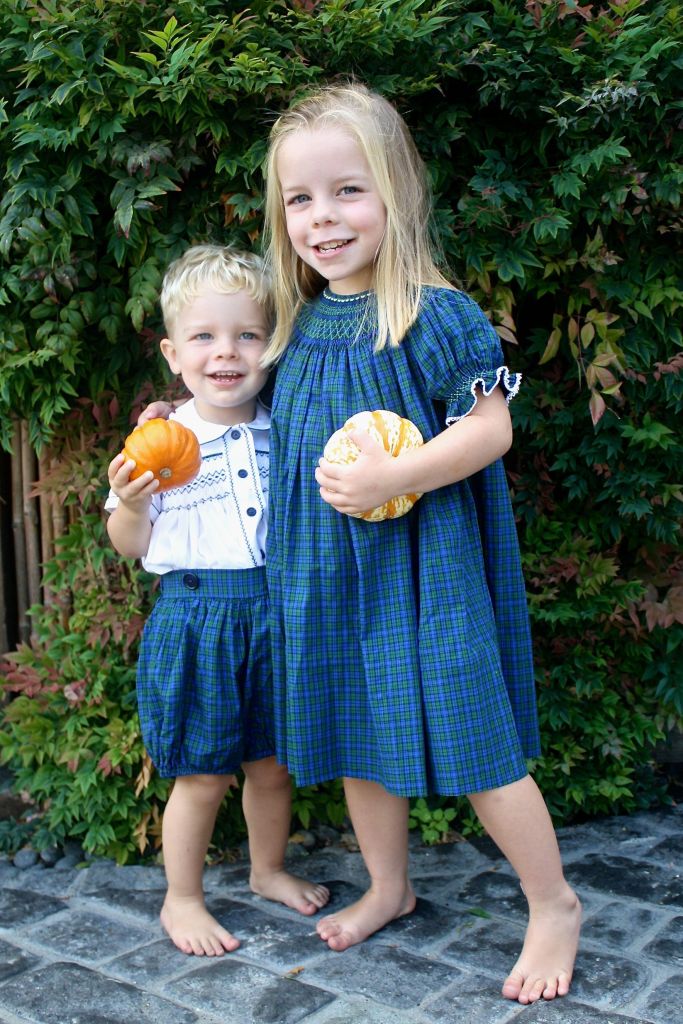
Beautiful matching outfits handmade by my “Aunt” Leslie of Rosebasket.
If you click on this image, it will take you to her handmade clothing website!
For the past four weeks my sister-in-law Jess has been visiting, and I’ve got to say, having someone visit you who loves to cook, care for children, and can slip seamlessly into your life is an amazing gift. This morning — juuuust as the kids and I were finishing an epic showdown that involved a lotlotlot of toothpaste — Jess said,
“Hey Becca, is there anything you’d like to do this morning? I can watch the kids.”
And within 10 minutes I had slipped out the back door and started speed-walking towards the library. Two hours to myself to write and think! I could scarcely believe it.
I even snapped ridiculous selfies on the way and sent them to Elliott, saying, “I’m on my way to the library to write! This is amazing!”
So let’s just take a moment to celebrate Jess and the awesomeness of having her with us for a whole month:
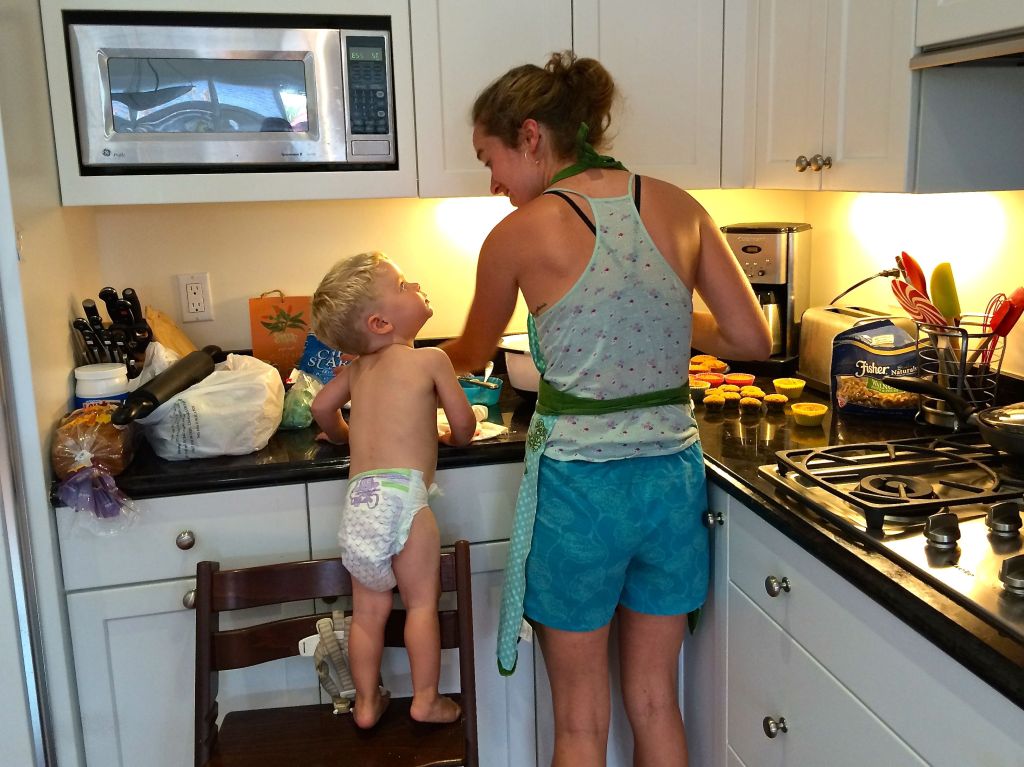
Cooking AND baking are part of her daily routine, which means I’ve made about three dinners in the last month. Which is amazing. Stay and cook for us forever, Jess?
And anyway, here I am, in the library, writing to you. I thought I’d use this time for a few fun updates…
It’s only Wednesday, but in our household one big party starts today when Uncle David gets off the plane. This is Jess’s last week with us and so David (Elliott and Jess’s brother) and Emily (my sister) have decided to fly out and join us for a few days.
Em just got her ticket yesterday after a few days of deliberation, and Lena and I freaked out with happiness at the zoo, right in front of the lions, and took this photo for her:
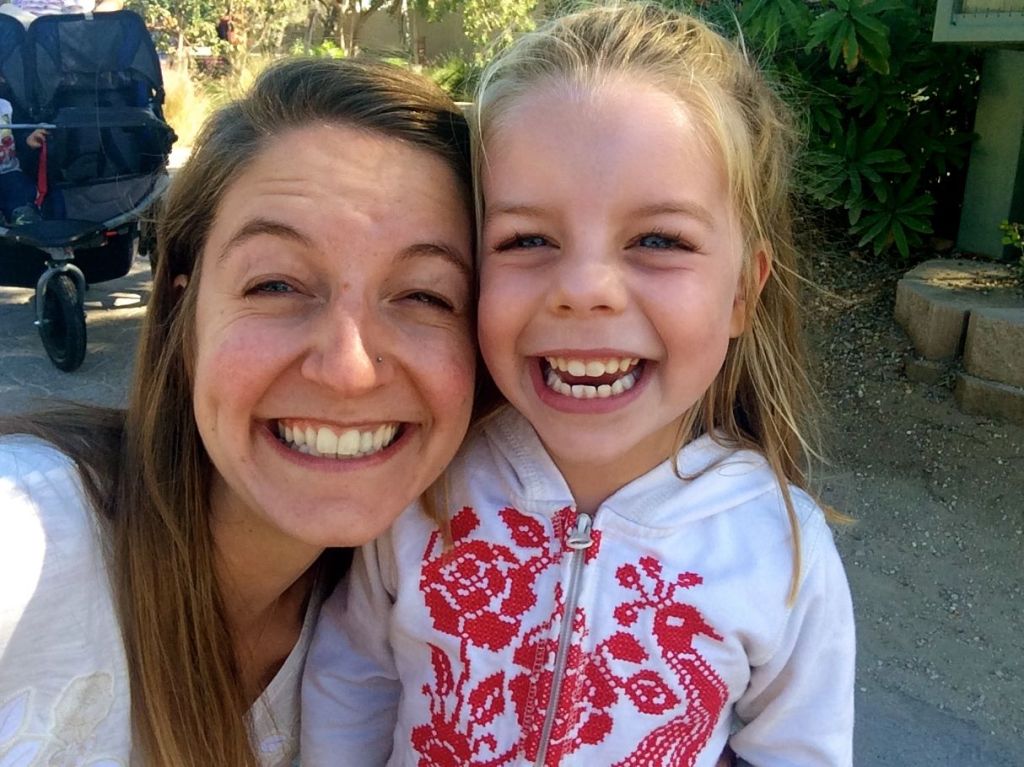
I think you couldn’t have happier smiles!
Speaking of the zoo, it was so much fun. I invited my new friend, Heather, and her two boys (who are exactly Lena and Gil’s ages) to come with us, and we wrangled children and tried to get a few words in edgewise and overall had a great time, I think. ;)
Last week, Heather and I also left all four of our kids with Jess (thank you, Jess!!!) so that we could slip away for a pedicure and quiet conversation in a little cafe. I’m thrilled to see friendships forming here in Coronado as our lives slowly take on shape:
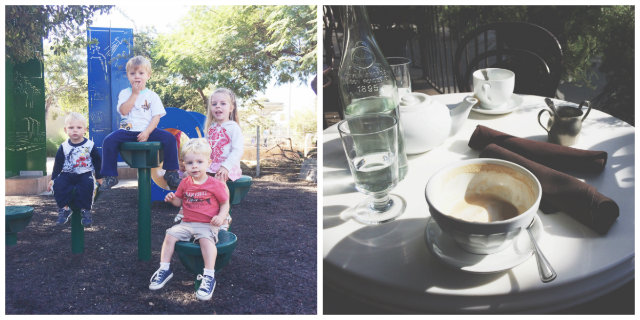
L: All four kids looking — if not smiling — at the camera is a major success!
R: Pumpkin spice latte date with a new, good friend.
On a more serious note… it’s happening. “Making room” is happening. We chose to live in Coronado and get this bigger house so we could fill it up to bursting with friends and family, and I rejoice every time I see someone take me up on it. Some friend or family member buy a plane ticket and send me their itinerary, some sweet neighbor show up on the doorstep with something yummy, some new friend bring their kids over and watch the house get wonderfully messy and laugh with me. Praise God. We have so far to go (what church will we go to? how will we offer our home to our church?), but these past few months have affirmed God’s blessing on our choice of neighborhood and home — even so, so far from family in D.C. — and my heart rejoices.
OK, back to fun updates. This past weekend, Jess took care of our kids while Elliott and I went on a 36-hour getaway to L.A.! (Remember my aspirations in this post? They’re happening!)
I’ve always wanted to see Hollywood, Beverly Hills, Rodeo Drive, and… maybe a few movie stars, too. Well, we saw all those things (probably including a couple stars because I realized we don’t watch enough TV to know who most people are), and — best of all — we had some time alone together. We went on long walks, lingered over delicious brunches, stayed at a bookstore as long as we wanted, slept in on Sunday morning, and overall celebrated being best friends and being married. It was just lovely. Thank you for taking me, Elliott!
What else? My parents also visited recently, and one night they took us out to dinner and then to the Lamb’s Players Theatre in Coronado to see Les Miserables. Such an amazing production! If you’re local, the tickets are half off (and almost gone) on Halloween night. Jess, David, Emily, and I are going this Friday thanks to that deal.
My “little” cousins visited from L.A. while my parents were here. They are so good with Lena and Gil. I’m like… how did you guys learn to be so great with little kids? I was not like you when I was 12!
My mom also brought the kids this amazing play quilt that she made for Gil. All the animals fit into the pockets of the train cars, and the sun, moon, kite, and an airplane are removable with velcro. It even has little miniature dolls that look like Lena and Gil! Can you believe it? What an heirloom!
And I just saw the kids and Jess across the library looking for me, so my time’s up! It was wonderful. Thanks for reading.
What are YOU looking forward to this week?
xoxo,
Becca
